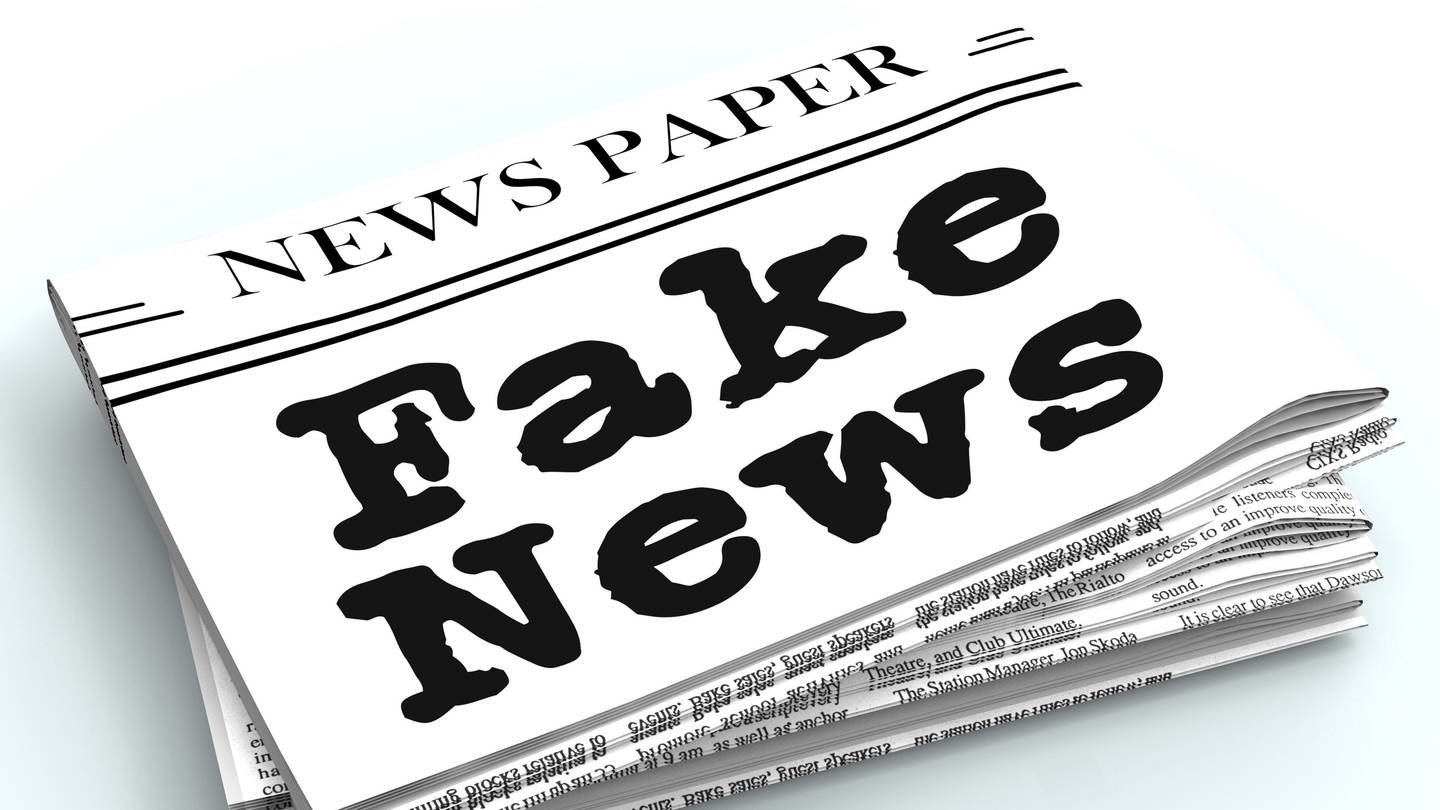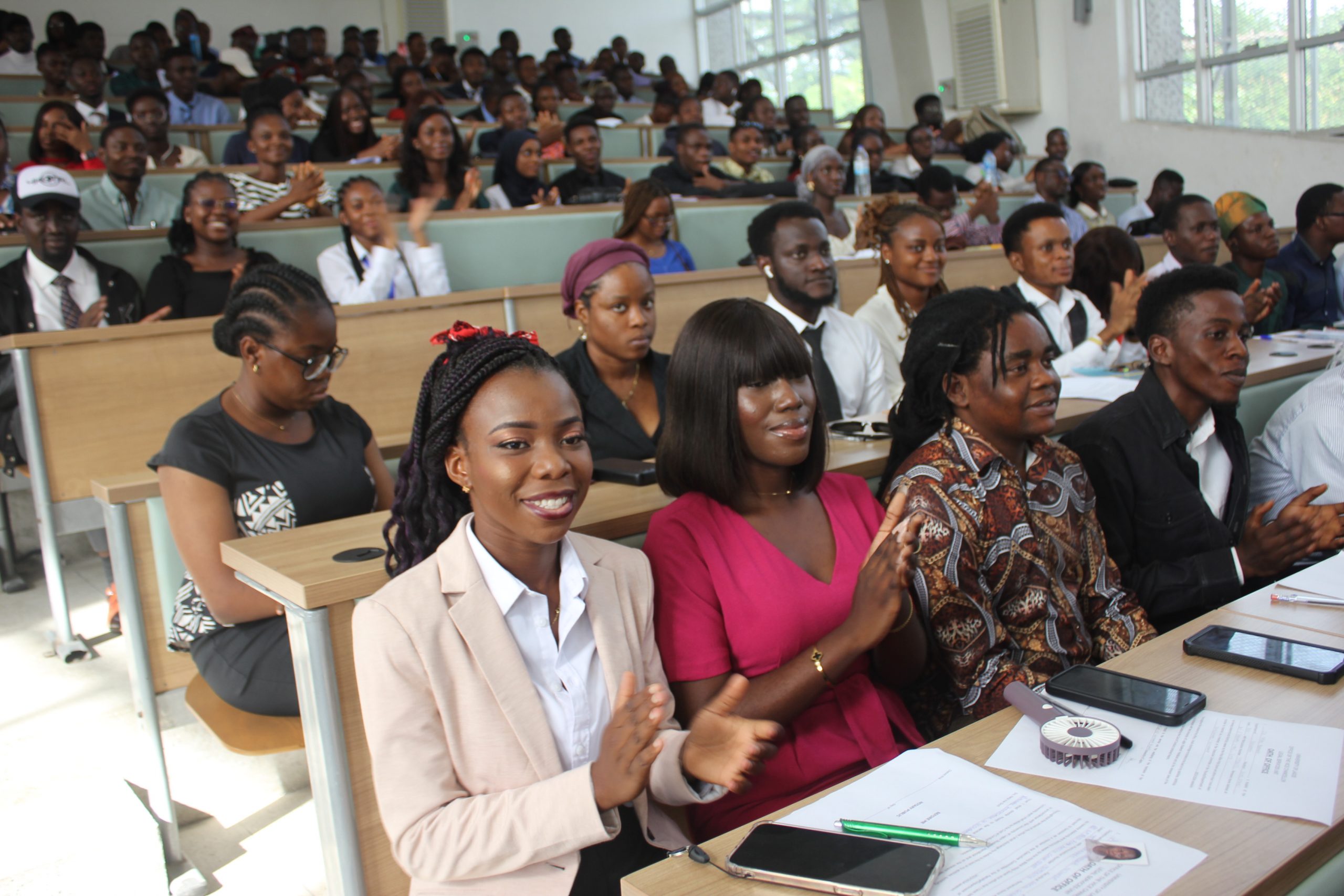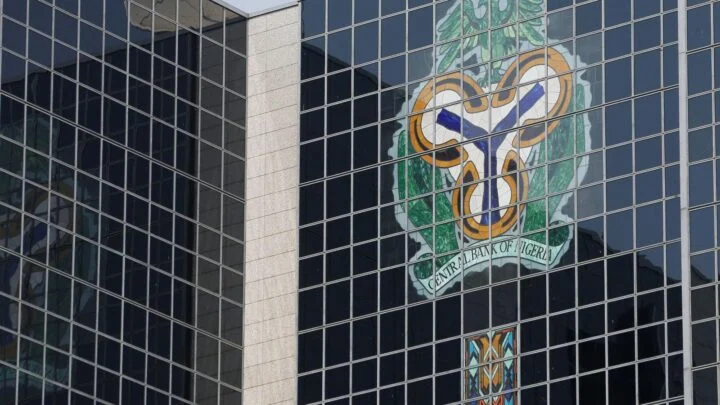BY OLADIGBOLU TAOFEEK
The 2024 World Economic Forum’s Global Threat Report ranks false information as a major global threat in the coming years. The report highlights how actors could use false information to incite civil unrest and threaten national and global security. According to the WEF report, a rise in false information is likely to increase civil unrest, geopolitical conflicts, and even war. This alarming report demands serious attention, given the current state of the world.
Armed conflicts claimed many lives in the first half of this year. Civil unrest and internal crises are escalating globally. And geopolitical conflicts have reached an unprecedented level. “There are 56 conflicts, the most since the end of the second world war…, with 92 countries now engaged in conflicts outside their borders, the most since the GPI’s inception in 2008,” according to the 2024 Global Peace Index report.
As national crises and insecurity escalate, a stringent global focus on combating false narratives is imperative, as disinformation and misinformation have been a “precursor to atrocity crimes” that promote crises and conflicts. While global efforts to curb false narratives are recent, the weaponisation of fake news is unfortunately not new.
Advertisement
Historically, misinformation is used to incite and legitimise civil unrest and geopolitical crises. Misinformation is a catalyst for national crises, used by bad actors to facilitate and instigate chaos and crises. The Nazis orchestrated an intense disinformation campaign against Jewish people long before the Holocaust, spreading antisemitism propaganda that incited fear and hatred for the Jews. This campaign resulted in the slaughter of six million Jews and millions of others between 1941 and 1945. Similarly, before the Tutsi genocide in 1994, the Hutu extremists used false narratives to incite chaos and legitimize an attack on the Tutsi tribe, resulting in a domestic crisis that claimed 800,000 Tutsi lives.
Recent incidents reveal that this threat is more pressing than ever. The emergence of artificial intelligence and digital media has turbocharged the spread and impacts of false narratives, making the threat to national and global security more severe. “AI software turbocharges misinformation, providing bad actors with unlimited content creators,” according to a NewsGuard report, an organisation tracking false information. Websites hosting Fake news further escalate the threat. “Some of these sites are generating hundreds if not thousands of (fake news) articles a day,” according to Jack Brewster, a researcher at NewsGuard. The unprecedented spread of false information has increased the likelihood of conflict escalation, both at national and international levels.
In 2019, after a false video resurfaced online, 50 armed individuals attacked Roma people living in the suburb of Bobigny, setting fire to their vehicles. The video, which spread widely on social media, incited the attack and led to a threat to lives and properties. Earlier this year, Rohingya Muslims were murdered again, following a series of ethnic cleansing incidents since 2017. The recent atrocities fueled by misinformation and disinformation resulted in the deaths of thousands of Rohingya Muslims. Survivors of the genocide pointed out that disinformation was used to incite and legitimise the attack.
Advertisement
False information is not merely used to incite domestic unrest and crises; it is also a weapon of assault, used to instigate war. Powerful countries employ disinformation campaigns to incite wars and justify their invasion of other countries. After the September 11, 2001 attack, Bush’s administration used this hybrid threat to justify the American invasion of Iraq. A series of false narratives disseminated widely through television broadcasts and the White House website were used to justify the war in Iraq. Likewise, Russia used extensive false narratives to justify its invasion of Ukraine and to provoke further conflict. The Kremlin weaponised false narratives to promote and justify its assault unprovoked on Ukraine. “Systematic information manipulation and disinformation by the Kremlin is applied as an operational tool in its assault on Ukraine,” EU foreign affairs and security policy, Joseph Borrell, stated.
While the public focus of false narratives often centres on politics, particularly this year’s elections, the threat extends to national and global security. Public attention on warfare is more imperative now than ever. One can easily imagine the atrocities that could result from a deepfake video that depicts President William Ruto imploring Kenya’s Inspector General of Police to shoot at protesters. Or havoc caused by fake news of Rapid Supports Force’s airstrike on the joint Darfur Force base. Both false news would escalate the ongoing conflicts and increase casualties. And the lack of infrastructure to debunk them in real time would make the consequences more far-reaching. Even if such malicious news stories are debunked within a few days, the impacts of these stories would still be immediate and difficult to reverse.
The threat becomes more pressing as global tensions intensify. The Cold War between China and America should raise more concerns about information war, as both major powers engaged in influence operations for supremacy and world dominance. If either of these powers were to invade the other, they might use a series of fake news stories to provide a pretext for war and justify the rectitude of their actions. If so, there may be an internationalisation of geopolitical conflicts. And with increasing global fragmentation, a crisis between the two major powers may trigger World War III.
We have witnessed the effects of false information on national crises and conflicts. To prevent the escalation of interstate crises and the internationalisation of conflicts, we should not leave the journalists and governments to the war against false narratives.
Advertisement
Individuals should verify news or posts before sharing them, report suspected fake news, and promote media literacy. Social media platforms and journalists should improve content moderation and fact-checking mechanisms. Governments should implement stricter regulations on the spread of fake news. They should empower journalists with fact-checking skills and, as well, equip them with fact-checking tools. Over time, these collective actions could have snowball effects, reducing the incitement of social upheaval and crisis escalation because of false information.
Given the global nature of the threat, there is a need for international cooperation and concerted efforts. Nations and international organisations should implement global standards for information integrity. A global agreement on information integrity would significantly reduce the spread and risks of fake news. International bodies like the UN, EU, AU, and NATO must prioritise this agreement in their security agendas. False information pollutes the global information ecosystem, posing a threat to national security and geopolitical peace. With collective actions and efforts, we can mitigate these atrocities.
Oladigbolu Taofeek, is a Nigerian journalist, fact-checker, and human rights Activist. [email protected]
Advertisement
Views expressed by contributors are strictly personal and not of TheCable.
Add a comment








